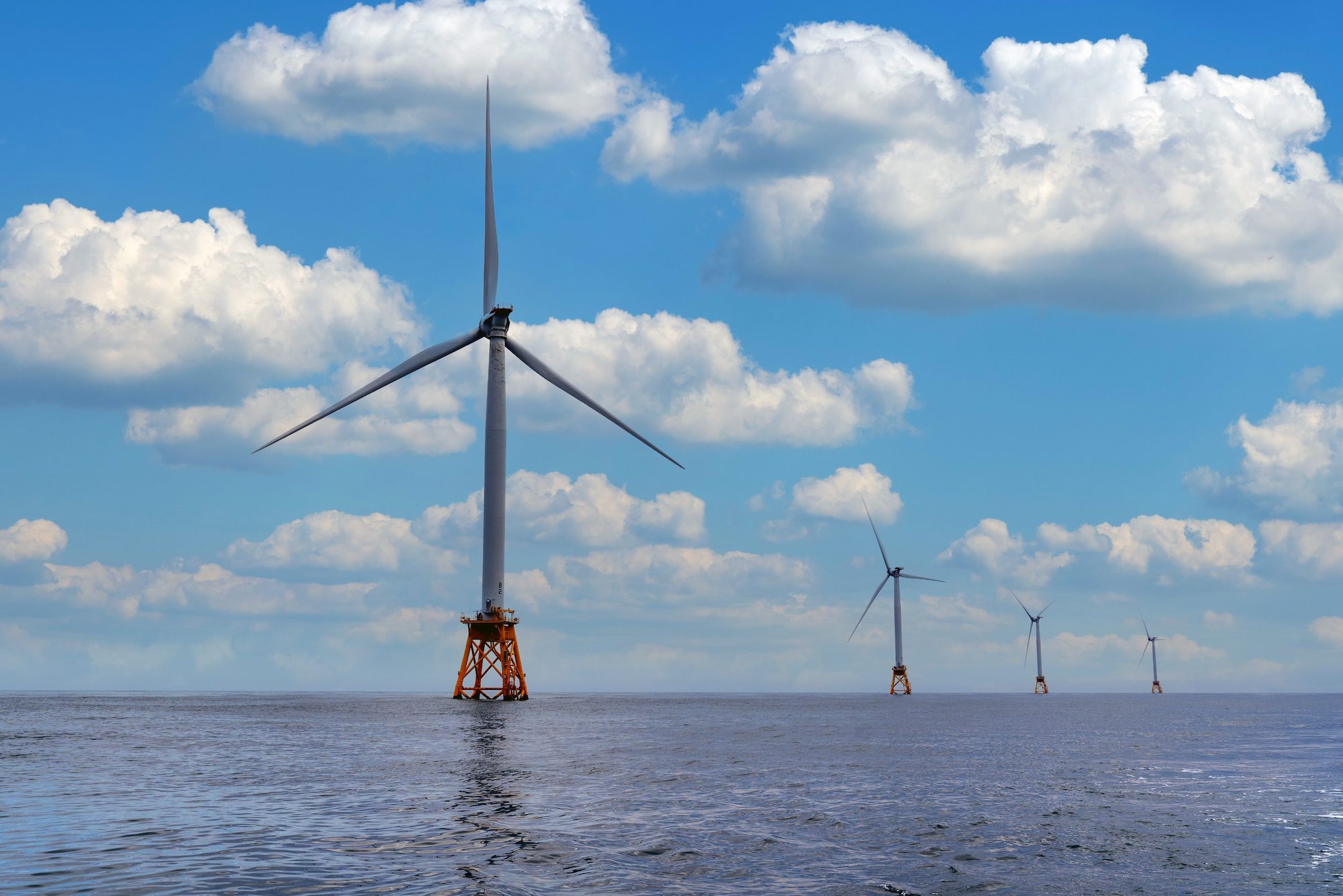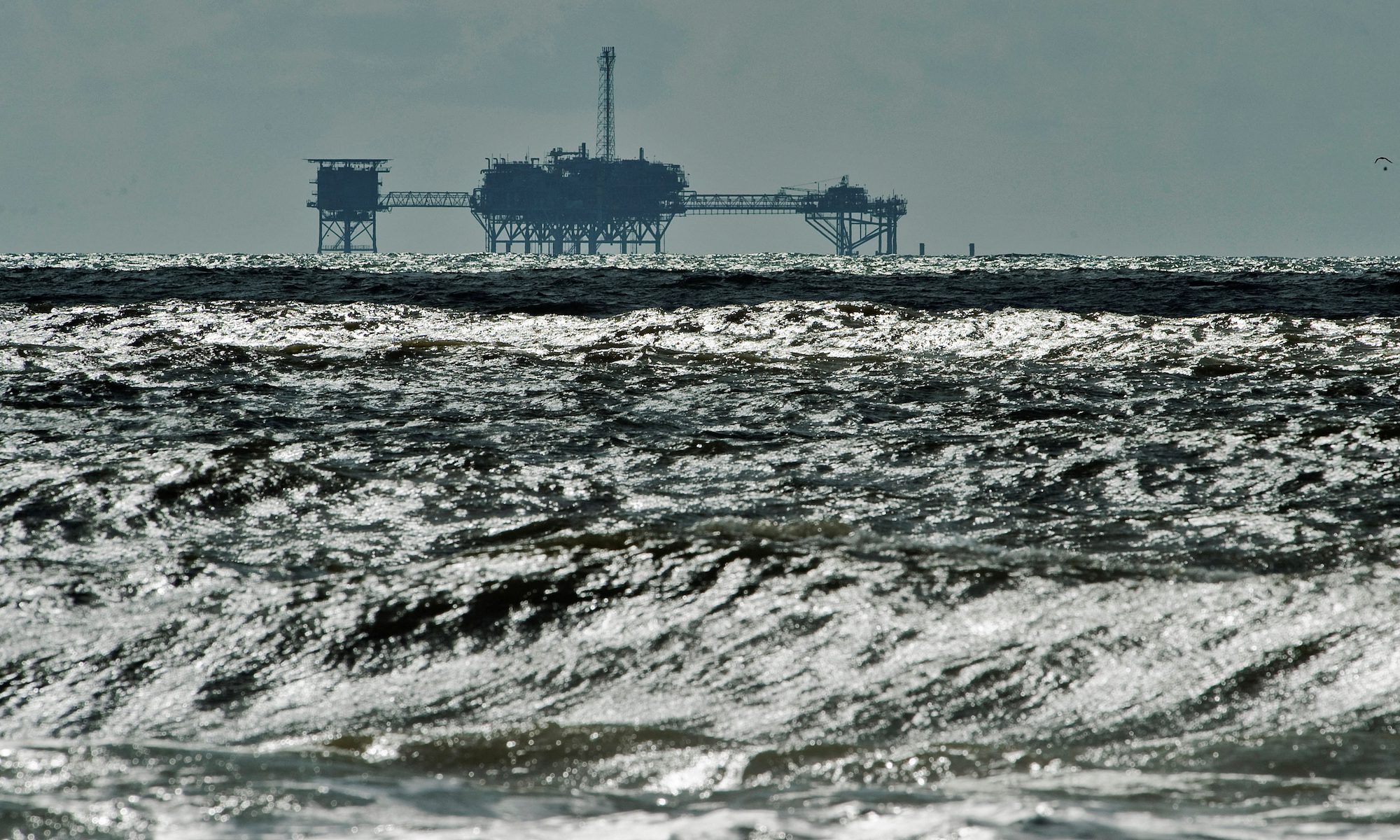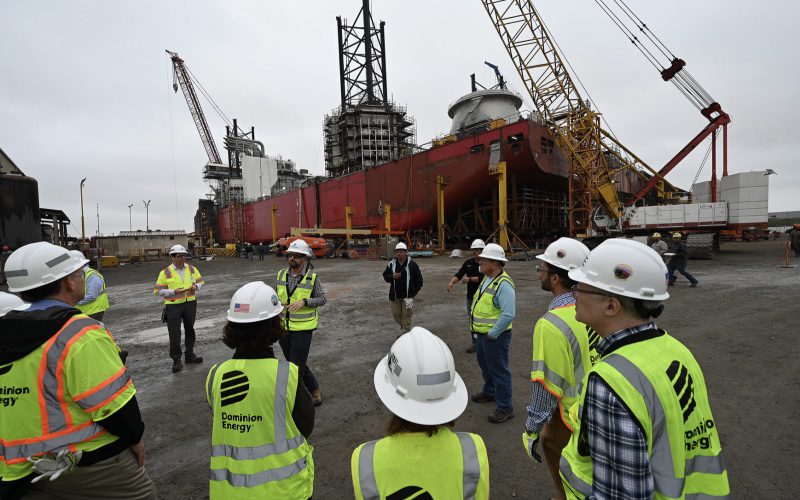The U.S. Department of the Interior is transferring regulations governing offshore renewable energy activities from the Bureau of Ocean Energy Management (BOEM) to the Bureau of Safety and Environmental Enforcement (BSEE)—a move the department said will help to maintain high standards for worker safety and environmental compliance.
BOEM and BSEE were formally established by the DOI in 2011 following an overhaul of the former Minerals Management Service in the wake of the Deepwater Horizon disaster. As part of that reorganization, oversight of offshore renewable energy, then an emerging industry, was assigned to BOEM.
This latest action recognizes that the scopes of the BOEM’s and BSEE’s respective roles and responsibilities have matured over the last decade.
“Over the past several months, BOEM and BSEE have taken steps to ensure a seamless transition of functions related to safety and environmental protections for the offshore renewable energy program,” said Principal Deputy Assistant Secretary for Land and Minerals Management Laura Daniel-Davis. “This rule advances regulatory clarity and transparency for the offshore wind industry. It allows the bureaus to focus on ensuring that future clean energy development and operations continue to occur in a safe and environmentally responsible manner.”
The latest rulemaking does not make substantive changes to current regulatory requirements, nor does it impose additional regulatory burdens.
Key authorities transferred to BSEE include, but are not limited to:?
- Evaluating and overseeing facility design, fabrication, installation, safety management systems and oil spill response plans;
- Enforcing operational safety through inspections, incident reporting, and investigations;
- Enforcing compliance, including safety and environmental compliance, with all applicable laws, regulations, leases, grants, and approved plans through notices of noncompliance, cessation orders, civil penalties, and other appropriate means; and
- Overseeing decommissioning activities.
Regulatory authority for the following functions remains with BOEM:
- Determining areas suitable for siting offshore wind energy facilities;
- Issuing leases, easements and rights-of-way for activities that produce or support the production, transportation, or transmission of offshore energy or energy resources;??
- Reviewing and approving or approving with modifications or disapproving plans, including construction and operations plans, site assessment plans, and general activities plans, required for authorizing offshore renewable energy development;?and
- Conducting analyses under the National Environmental Policy Act and other environmental studies and incorporating mitigation measures into plan approvals to avoid or minimize harm to the marine, coastal, or human environments.?
A joint notice to lessees outlines the transfer of responsibilities with information for submitting information to each bureau. The final rule will publish in the Federal Register in the coming days.
This latest announcement comes following the release of a proposed rule from BOEM that would streamline regulatory processes for offshore wind energy development.
Unlock Exclusive Insights Today!
Join the gCaptain Club for curated content, insider opinions, and vibrant community discussions.

 Join The Club
Join The Club













